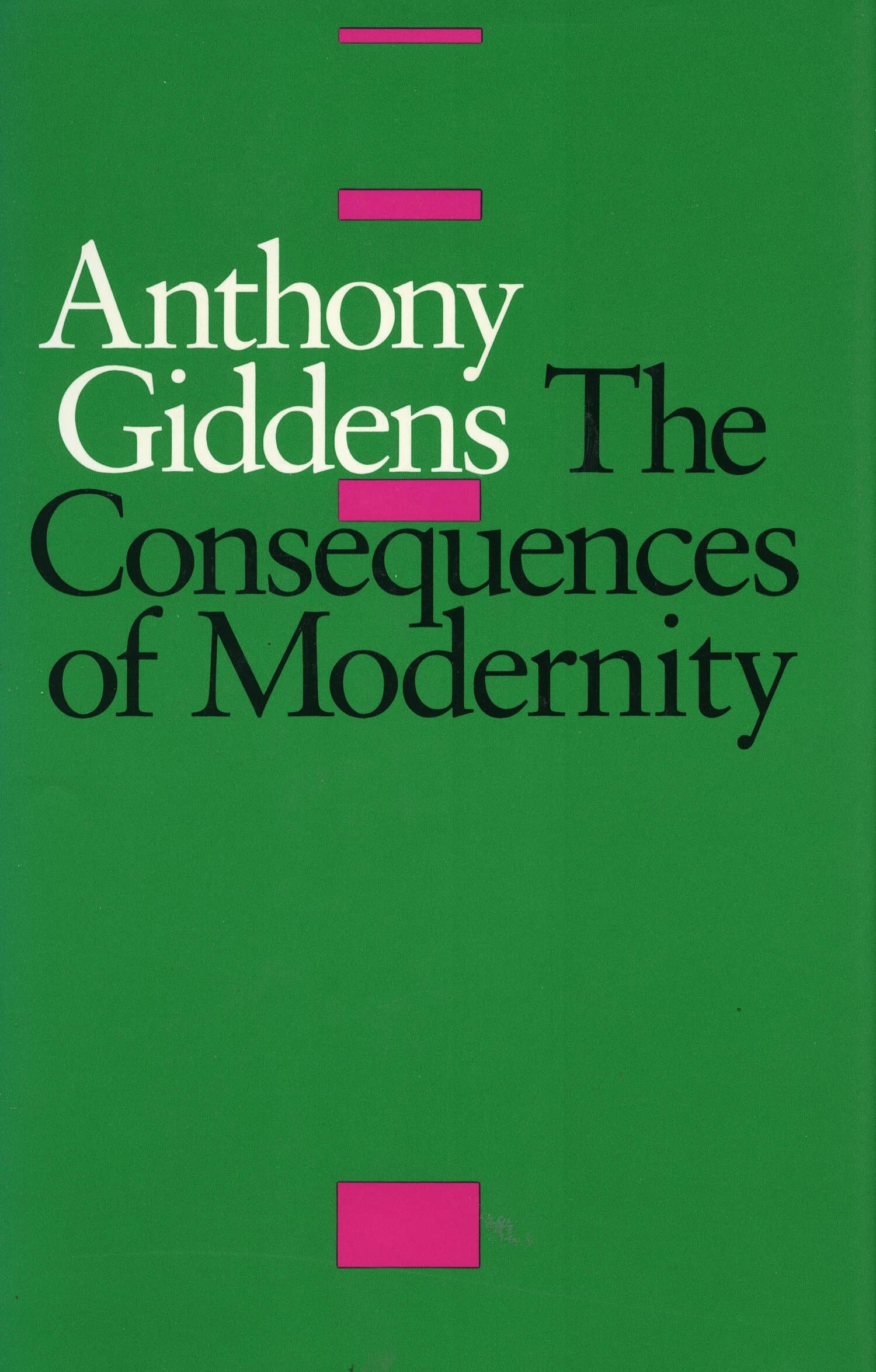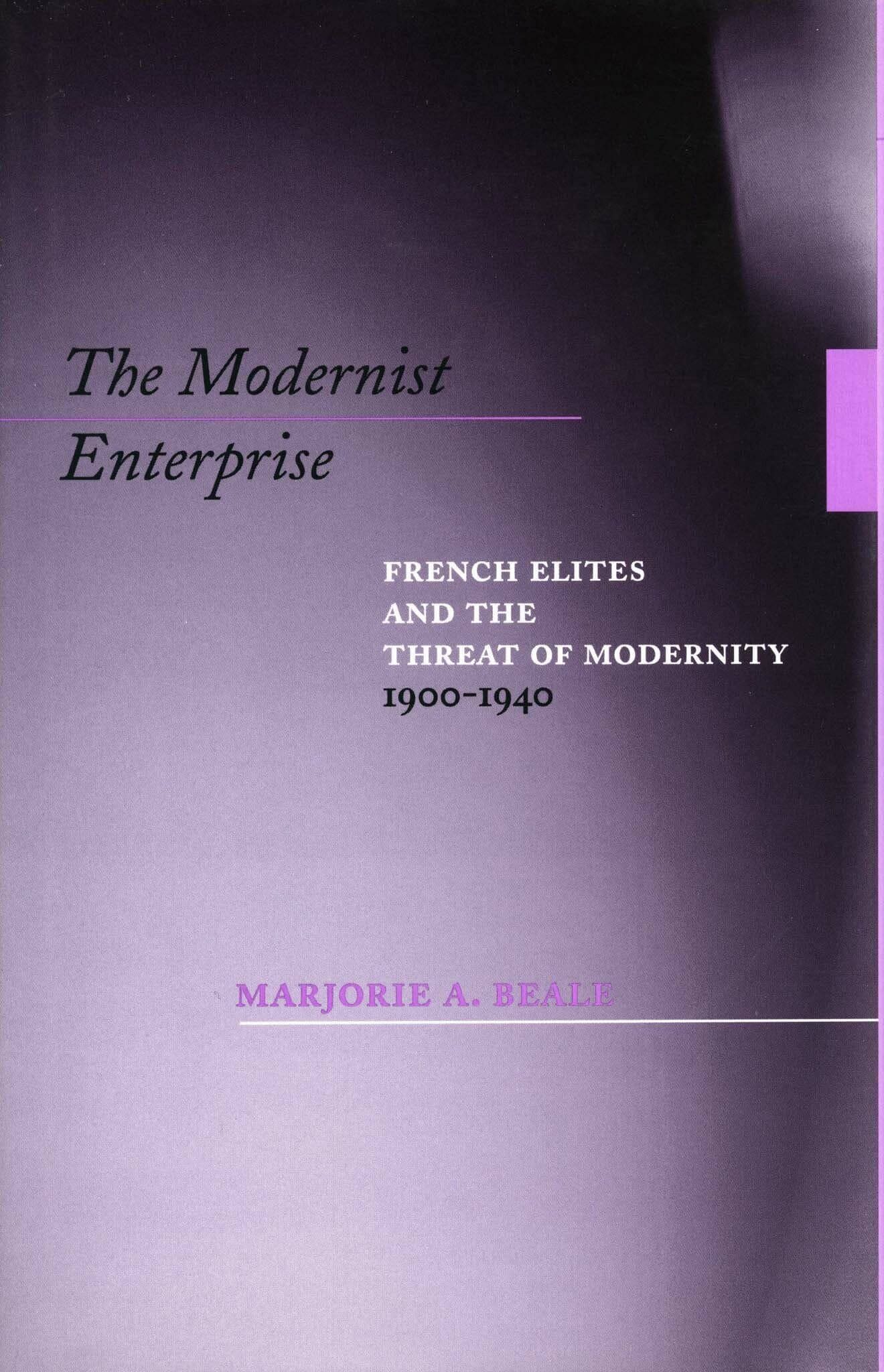Barcelona's Vocation of Modernity
Award Winner
2009: Katherine Singer Kovacs Prize
Honorable Mention in the 2009 Katherine Singer Kovacs Prize, sponsored by the Modern Language Association.

Since the closing decades of the nineteenth century, Barcelona has striven to sustain an image of modernity that distinguishes itself within Spain. Barcelona's Vocation of Modernity traces the development of that image through texts that foreground key social and historical issues. It begins with Barcelona's "coming of age" in the 1888 Universal Exposition and focuses on the first major narrative work of modern Catalan literature, La febre d'or. Positing an inextricable link between literature and modernity, Resina establishes a literary framework for the evolution of the image of Barcelona's modernity through the 1980s, when the consciousness of modernity took on an ironic circularity. Because the city is an aggregation of knowledge, Resina draws from sociology, urban studies, sociolinguistics, history, psychoanalysis, and literary history to produce a complex account of Barcelona's self-reflection through culture. The last chapter offers a glimpse into the "post-historical" city, where temporality has been sacrificed to the spatialization associated with the seductions of the spectacle.
"This book is undoubtedly a major contribution both to Catalan Studies and to urban studies. Building on an impressive theoretical framework that combines sociology, history, philosophy, urban studies, sociolinguistics, psychoanalysis, and literary and cultural theory, Joan Ramon Resina offers here a social and cultural history of modern Barcelona . . . Through his readings Resina shows with great originality and intelligence the complexities, ambiguities and ambivalences that plague this history."—Josep-Anton Fernàndez, Open University of Catalonia, Bulletin of Spanish Studies
"This is an impressive attempt to include Barcelona within a welter of major philosophical and ideological speculation on the theme of the European metropolis. . . . A whole series of musings of eminent authorities—from Benjamin, Certeau, Baudrillard, Foucault, Habermas, Lefebvre, Lyotard, Simmel, and Marx—are adduced with ease and conviction to offer a comprehensive and thoroughly stimulating study." —Dominic Keown, Cambridge University
"The author's deep knowledge of theory transforms his reflections on Barcelona's particular construction of modernity and its representations into an exceptional contribution to the current critical discussion on the city as modern and postmodern cultural space. . . . The intelligent and highly original connections he establishes between apparently disparate issues, events, and texts . . . reveal their full signification." —Elisa Martí-López, Northwestern University




